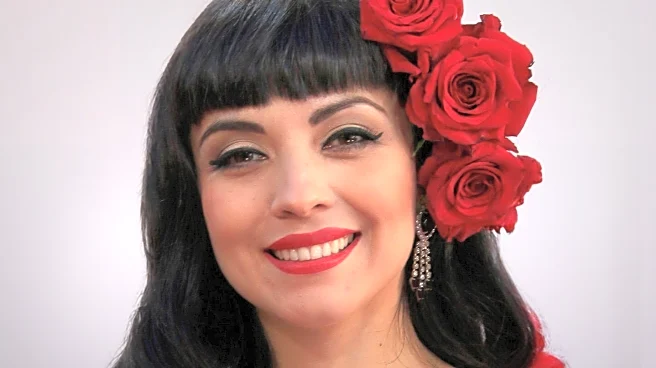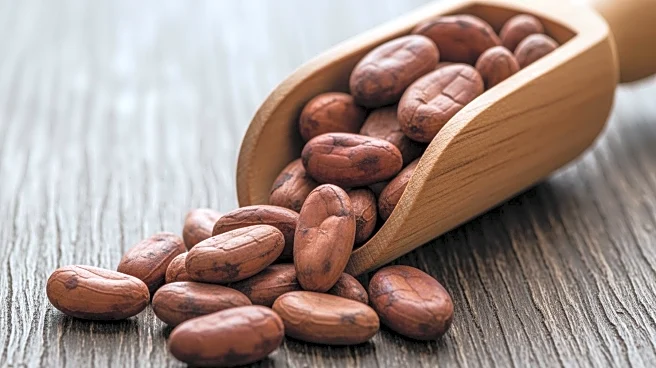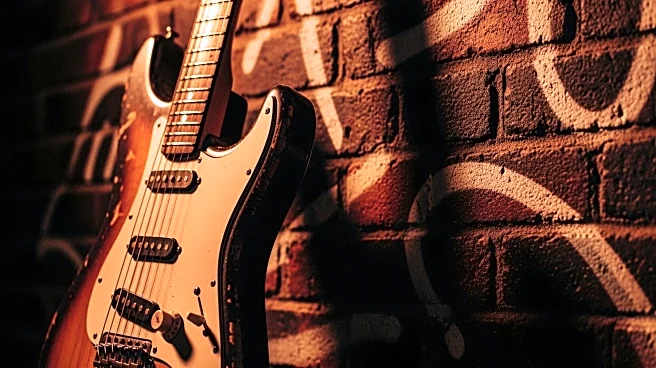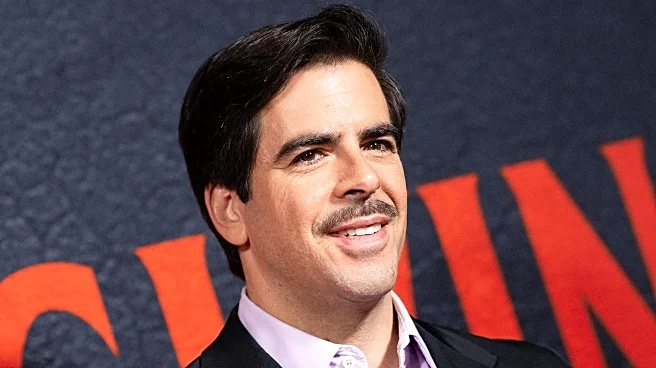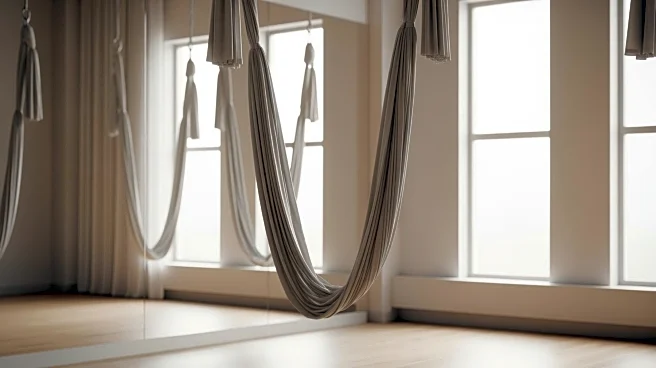What's Happening?
Sandee Althouse, a 65-year-old announcer at KQED in San Francisco, has embraced tattooing as a form of self-care during a challenging period in her life. Her husband, Josh Wallace, was diagnosed with a serious illness, prompting Althouse to become his
caretaker while maintaining her full-time job. Tattooing has become a meditative practice for her, providing a physical outlet for emotional pain and helping her stay grounded in the present moment. The repetitive act of sitting in a tattoo studio for hours offers her a sense of release and resilience, allowing her to focus on her own well-being amidst the stress of her husband's illness.
Why It's Important?
Althouse's story highlights the growing trend of individuals seeking unconventional methods of self-care to cope with personal crises. Tattooing, often seen as a form of artistic expression, is being used by some as a therapeutic tool to manage anxiety and emotional distress. This approach underscores the importance of finding personal outlets for stress relief, especially for those in caregiving roles. As more people explore alternative self-care practices, it may lead to broader acceptance and understanding of diverse coping mechanisms in society.
